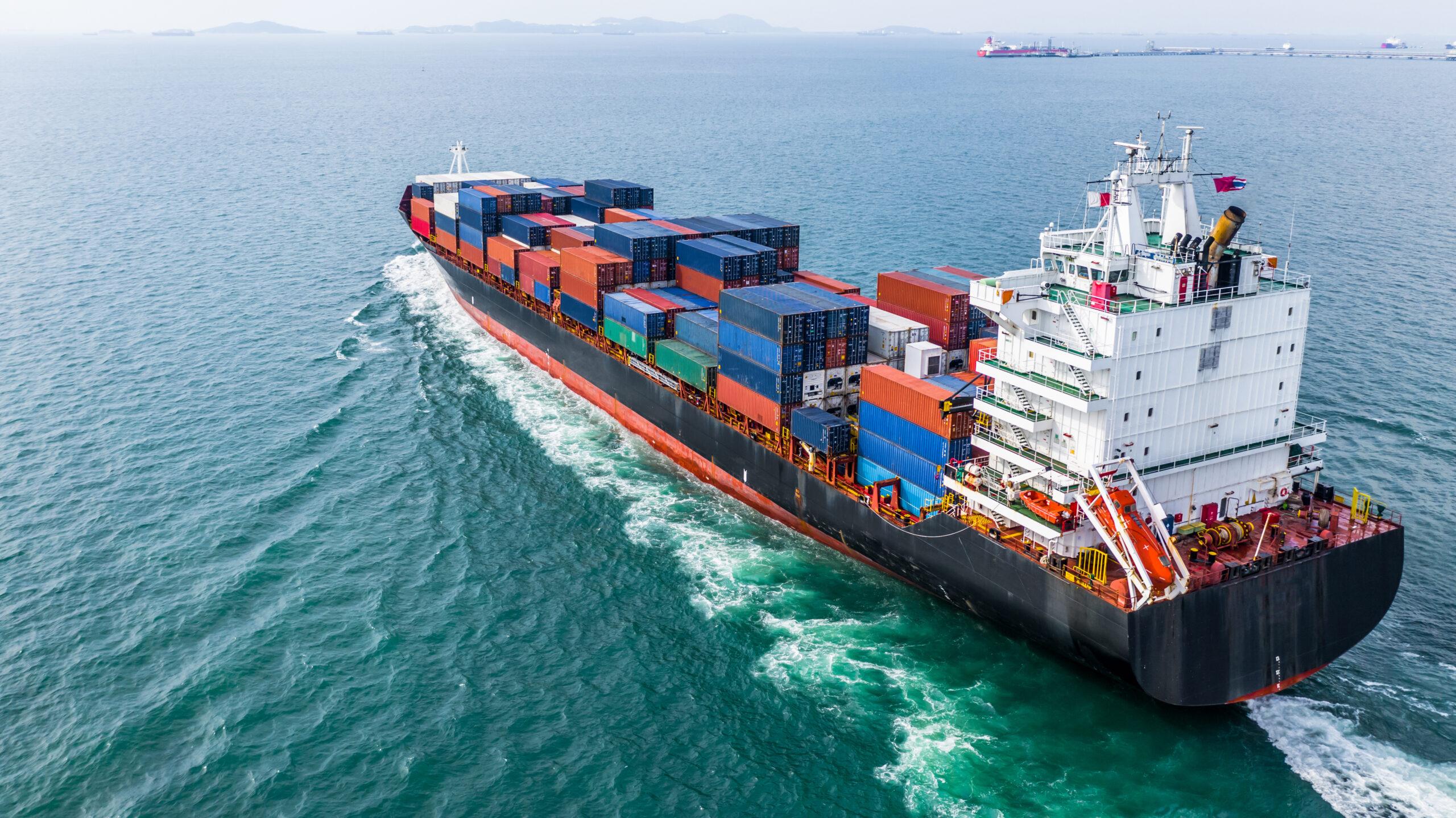Tradewind Finance works to eliminate trade risk while connecting businesses and suppliers globally. In supporting global trade, they help curb threats abroad, increase credit protection, and facilitate the smooth running and profitability of export and import businesses. International trade finance companies specialize in cross-border transactions through export factoring and supply chain financing for industries including food and beverage, technology, textiles, and more.
There are three primary methods of export factoring that help with short-term cash flow issues for businesses. Each method increases the working capital available to a business for daily working expenses and growth. There are a few different ways businesses can take advantage of this type of financing to meet their needs and improve their financial viability in the world market.
What is Export Factoring?
Export factoring, which also goes by the name invoice financing or account receivable financing, is the process through which a finance provider purchases the accounts receivable of a company, supplies immediate funding to them in exchange, and manages the collection of payment from the company’s customers when it is due. It applies to a wide range of goods and services and is delivered on terms protected by the finance company. It is important to note this type of financing is not a loan, so on the balance sheet it does not show up as debt. It is also based upon the customer’s credit, not off the state of the seller’s finances.
Export factoring allows buyers and suppliers to receive goods, services, and payments promptly. This enables the business cycle to continue as suppliers wait for payment from buyers, who are in turn managing the sale of inventory to the end user. It can help companies work across international borders and provide the ability to navigate difficult and ever-changing import and export laws while taking into account the different financial currencies and global methods of doing business.
How Export Factoring Works
There are three ways that Tradewind Finance conducts export factoring for businesses. The first is on open account terms, the second is via payment against documents, and the third is via letters of credit. These methods are all designed to lower financial risk for buyers and suppliers, maximize access to working capital, and minimize credit risk.
Open Account Terms
Tradewind analyzes the creditworthiness of a buyer and then sets a reasonable credit limit with them. Then they purchase a company’s accounts receivable and pay up to 95% of the invoice amount. This usually occurs between 24-48 hours of the submission of the invoice to accelerate access to working capital.
In an agreement with open account terms, Tradewind handles the accounts receivable and manages the buyer’s payment for a supplier’s invoice. When this invoice matures, they pay the remainder to the supplier. If the buyer is unable to pay the invoice upon maturity or becomes insolvent, Tradewind will still pay the remainder of the invoice as a non-recourse payment.
In brief, the supplier sends goods to the buyer and the finance company advances payment to the supplier. The buyer then pays the finance company what they owe when the invoice matures.
Via Payment Against Documents
An international trade finance company like Tradewind will advance funds to a company and handle the bank collections process. First, a shipment of goods is sent from the supplier to the buyer. The supplier sends documents to the finance company, and upon acceptance of the documents they will advance payment to the supplier.
Tradewind then sends the documents to the buyer’s bank, and when the terms are accepted by the buyer, documentation is sent to the buyer and payment is submitted to the finance company, completing the transaction.
Via Letter of Credit
A buyer places an order with the supplier, then opens a letter of credit with the finance company. A letter of credit guarantees the supplier is paid if the terms and conditions specified are met. Then the supplier will ship the goods to the buyer. The supplier is paid by the finance company and they in turn collect payment from the buyer based on the conditions laid out in the letter of credit.
Export factoring can be conducted in different ways that work for buyers and suppliers around the world. Tradewind Finance works with businesses both large and small, in a variety of industries, to smooth the passage of goods and services across international borders while minimizing financial risk and expanding access to working capital.


